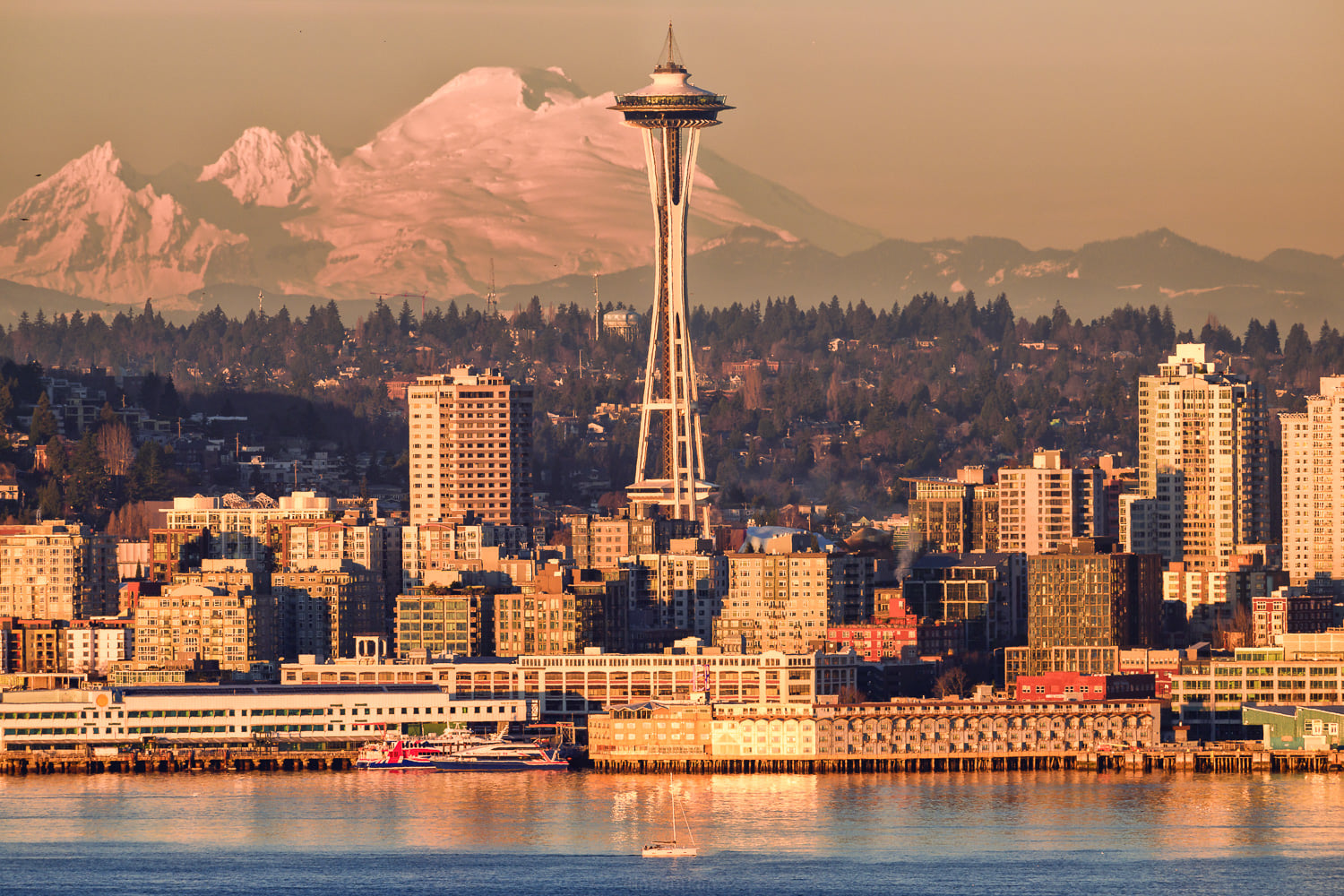
Seattle— Today, Mayor Bruce Harrell and Seattle City Council President Sara Nelson introduced two new pieces of legislation to accelerate retail occupancy by amending existing building codes and reducing time-consuming regulatory barriers and costs for small businesses seeking to activate vacant commercial storefronts.
“In Seattle we are committed to building a thriving economy by championing both bold new ideas and making the technical fixes that help our small businesses start, grow and succeed,” said Mayor Bruce Harrell. “This legislation removes hurdles and burdensome costs that have consequential impacts on small businesses looking to activate our business districts. This type of practical change demonstrates the kinds of reforms we are accelerating through our PACT initiative – creating a better permitting system that supports small businesses and new housing.”
“Fixing our permitting problems has been a top priority of mine since Day One because our onerous requirements slow housing construction, stymie economic activity, and drive-up costs,” said Council President Sara Nelson (Position 9). “Our two bills will exempt most projects undertaken by small businesses from many permitting requirements, which just get in the way. It also gets the city in compliance with state law to bring defined timelines and predictability to our permitting process.”
The proposed legislation would create a new exemption under the 2021 Seattle Existing Building Code (SEBC) for buildings and spaces with a gross area of 7,000 square feet or less — removing the requirement to meet substantial alteration standards that are currently required when significant structural changes are made, when a change in occupancy results in a more hazardous use, or when a building has been vacant for more than two years.
The legislation also:
- Clarifies that the Seattle Department of Construction & Inspections (SDCI) will not apply the ‘substantial alterations’ definition when the change of occupancy affects 20 percent or less of the overall building area,
- Removes “a vacancy of greater than 24 months” from the definition of substantial alteration, making it clear for business owners that vacancy alone will no longer initiate substantial alteration requirements,
- Updates Seattle’s code to align with state law by adopting the default permit review timelines set in the Revised Code of Washington (Section 36.70B.080) for certain types of permits, and
- Updates the City Council Rules for Quasi-Judicial Actions to allow electronic filing of documents, shortening the filing deadline from 10 days to 7 days, given most filings are already submitted by email and immediately accessible to all parties.
Improving building permitting processes — including updating rules around substantial alterations—has been identified by city leaders, business owners, and community organizations as a key way to better support local businesses and activate vacant storefronts in neighborhood business districts across the city.
Under current code, projects classified as substantial alterations must upgrade fire and life safety systems to meet modern standards and may also be required to update the building’s structure, ventilation systems, and exterior — leading to expensive and time-consuming upgrades, even when there’s no change in use, size, or safety risk for the new tenant.
Under this proposed legislation, businesses in small spaces exempted from substantial alteration requirements will be allowed to make tenant improvements or reopen a vacant commercial space without having to update the building to current fire or life safety standards or address seismic issues, unless required by other code provisions.
Over the past eight years, the city issued about 180 substantial alteration permits for commercial, institutional, industrial, and multi-family projects. Under the proposed 7,000-square-foot exemption, nearly half of those would no longer need a substantial alteration permit.
If permit levels remain steady, this change could help reactivate more than 50 small commercial storefronts by 2030 — cutting regulatory delays and lowering costs for Seattle’s small businesses.
What People are Saying
–James Graham, Principal/Founder of Graham Baba Architects
“I first brought up the issues we are seeing about substantial alteration permits in Council President Nelson’s committee this past February, so I’m thrilled to see this legislation introduced. As drafted, this proposal can dramatically reduce the permitting requirements for many projects including storefront re-activation downtown. I thank the Council President and Mayor for leading on this important issue.”
-Charlie Anthe, President, Seattle Restaurant Alliance
Simplifying and streamlining the permitting process for small businesses is a critical step towards reactivating retail spaces, reducing the cost of operating in Seattle, and creating a more vibrant, active community for everyone, including business operators, residents, and visitors.